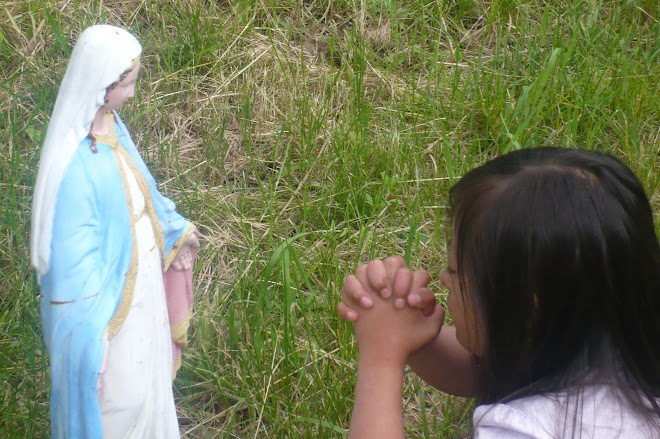Swieconka
The blessing of the Easter food or the ‘Swieconka’ is a tradition that is very dear to the heart of every Pole. Grateful to God for all his gifts of nature and grace, and as a token of this gratitude, we have the food sanctified with the hope that when spring comes, the season of the Resurrection, we will also be blessed by God’s goodness and mercy.
Traditions vary from region to region and from family to family. They have changed and evolved with each passing generation. Traditionally, the food is brought to the church in a basket decorated with a colorful ribbon, sprigs of greenery are added, and a linen cover placed over the top. The food is blessed by the parish priest on Holy Saturday morning. If it is absolutely necessary, the food can also be blessed at home. After the blessing, the food is usually set aside until Easter morning when the head of the house shares the blessed egg, symbol of life, with his family and friends. Having exchanged wishes, they all continue to enjoy the rest of the meal.
The foods traditionally blessed by a priest for Easter can be placed in three categories:
• Easter bread and cakes of all kinds, particularly a yeasty cake called babka
• Meat products, ham, veal, suckling pig, sausage, bacon and so on.
• Dairy products, butter, cheese, eggs - some without their shells, others, decorated, called
(Pisanki).
Each of the foods has a deep and symbolic meaning
• Butter - often shaped into a lamb (Baranek Wielkanocny} or into a cross. This reminds us of the good will of Christ that we should have toward all things
• Babka (Easter bread) - a round or long loaf topped with a cross or a fish, symbolic of Jesus, who is the true Bread of Life
• Horseradish with grated red beets ('Chrzan') - symbolizes the Passion of Christ still in our minds but sweetened with some sugar because of the Resurrection
• Eggs (Jajka) and (Pisanki - decorated with symbols of Easter, of life and prosperity.) Eggs are considered a symbol of the resurrection, the emergence of a new life
• Sausage (Kielbasa) - spicy sausage made of pork products, indicative of God's favor and generosity
• Ham (Szynka) - symbolic of great joy and abundance. Some prefer lamb or veal. The lamb also reminds Catholics that the Risen Christ is the 'Lamb of God'.
•Smoked Bacon (Slonina) - a symbol of the abundance of God's mercy and generosity
• Salt (Sol) – a necessary element in our physical life, symbolic of prosperity and justice, to
remind us the people are the flavor, the salt of the earth
• Cheese (Ser) – ball shaped, as the symbol of the moderation Christians should have at all times
• In some regions a candle is also inserted into the basket to represent Christ, the Light of the world.

No comments:
Post a Comment